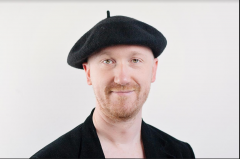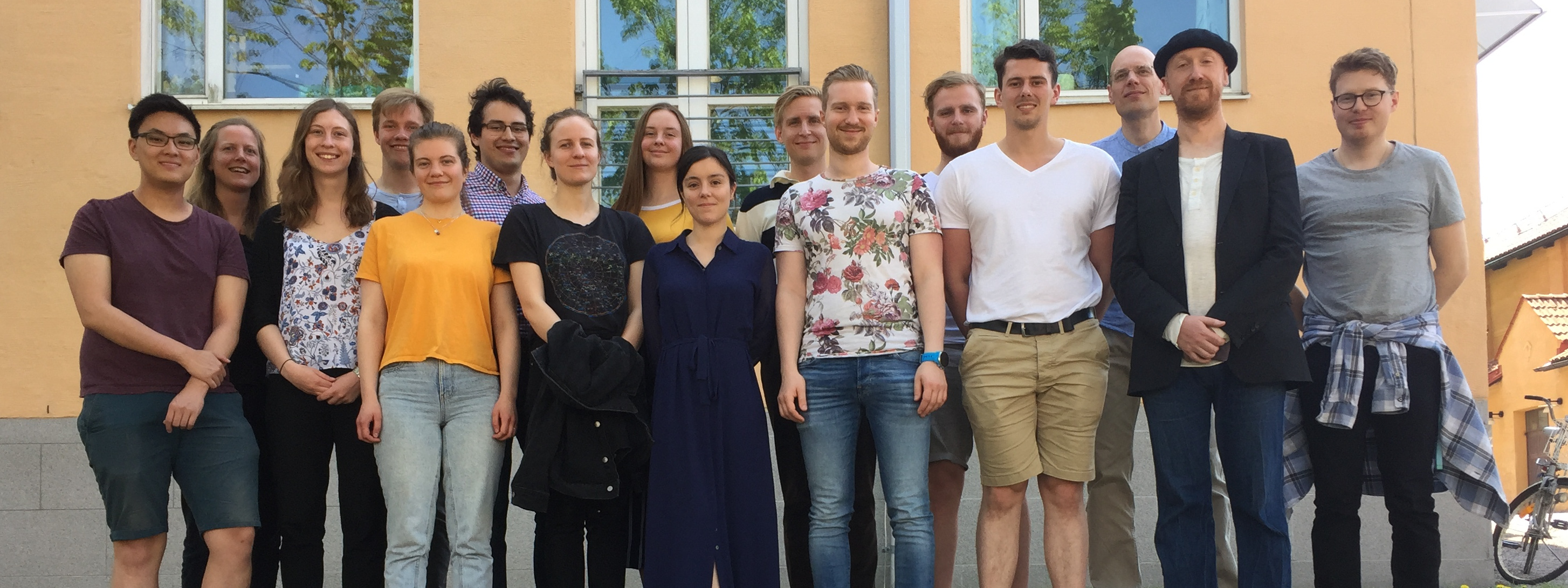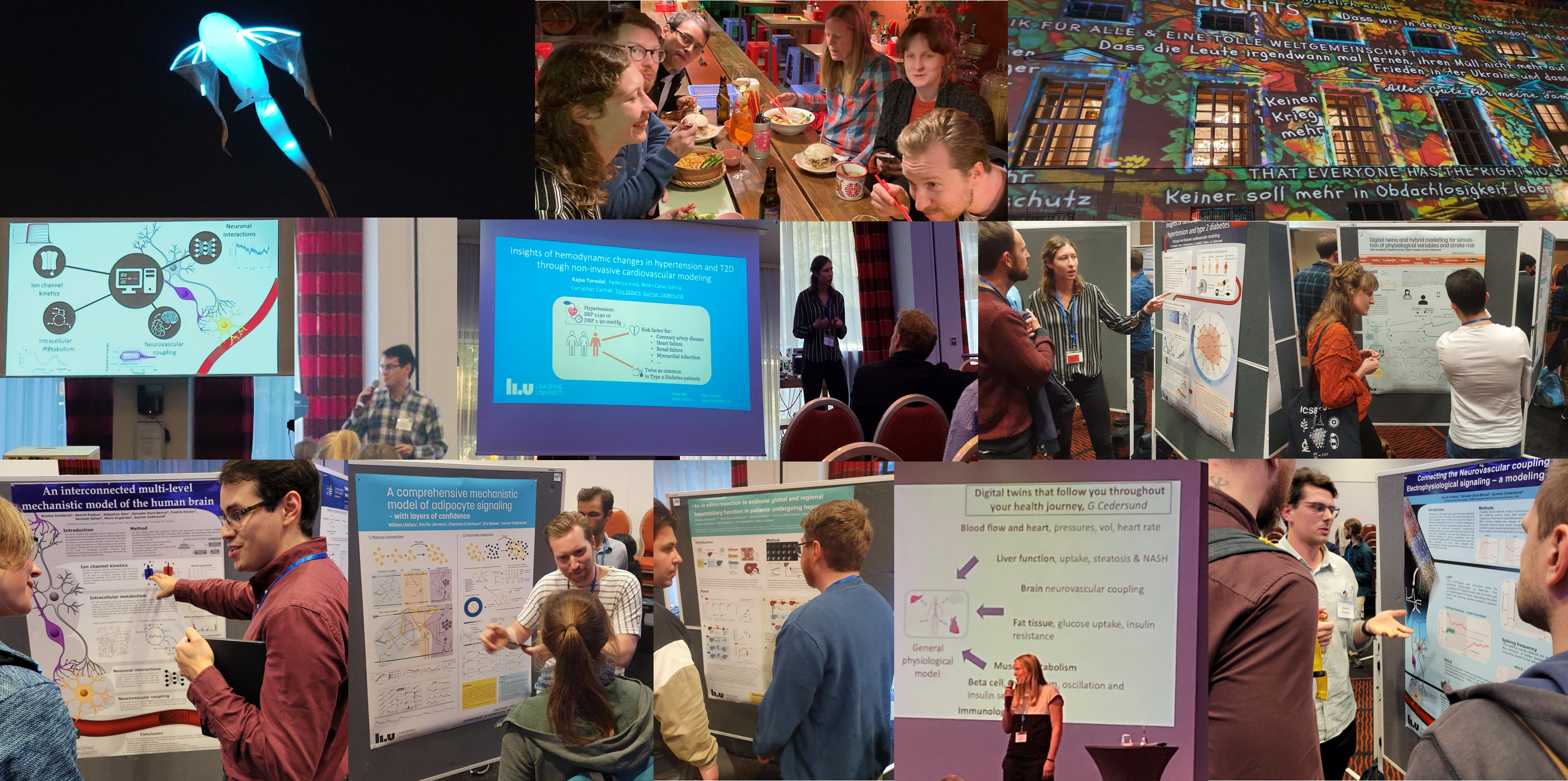Join the VPH (Virtual Physiologocal Human) summer school in Barcelona, June 5-9, 2023. This summer school includes 15 morning lectures, one honorary VPH lecture, and a lot of networking opportunities. Gunnar will talk about about the digital twins, so don’t miss it!
Last day to register is 21 of May, and you find more information HERE

M4-health and digital twins: bring a digital copy of yourself with you throughout your health journey
Keynote Lecture, Wednesday June 7th, 2023, 09:30-11:00
Abstract: For the last 20 years, Cedersund has developed mechanistic mathematical models for all of the main organs in the human body: heart, liver, fat, brain, etc. Lately, these models have combined into an interconnected model for the body as a whole. This interconnected model can be made specifically for each individual, and is then called a digital twin. This digital twin technology employs a hybrid approach, which combines the mechanistic simulation models with machine learning and bioinformatics models. This allows a patient, doctor, or other end-user to look inside the body of a patient, as it is now, ranging from the whole-body to the intracellular level. This also allows for simulations of different future scenarios, ranging from ms to years, and can simulate e.g. the risk of a stroke, depending on choice of diets, exercise, and certain medications. The models are thus of an M4-nature: multi-level, multi-timescale, mechanistic, and multi-organ. The focus on this talk will be on how we systematically test mechanistically hypothesis on the intracellular and organ levels, using mechanistic modelling, optimization, and predictions with uncertainty – followed by corresponding model-designed experiments. I will also to some extent go through how we assemble the different organ sub-models together into the integrated digital twin, which in itself is a modelling problem, and how we then put all of this into a series of different eHealth apps.
Biosketche: Gunnar Cedersund (https://liu.se/en/employee/gunce57) heads a cross-disciplinary research group at the Department of Biomedical Engineering (IMT) at Linköping University. The heart of this group (15+ people) does hybrid mathematical modelling, combining machine learning with mechanistic small- and large-scale models. These models are developed using both pre-clinical and experimental data of various types, which are collected both by experimentalists and clininicians within the same group, and by numerous collaborators. These models are made available for preventive and patient-centric care, as well as for drug development and medical pedagogics, using innovative eHealth technologies. This is made possible, e.g., via the fact that Cedersund heads the 6MEuro EU project STRATIF-AI, which brings his digital twins into healthcare for all phases of stroke (prevention, acute treatment, and rehabilitation), using a series of different apps, which all are connected to the same backend.





